
To appreciate the brilliance of her interpretation, this was the original she was working around:

To appreciate the brilliance of her interpretation, this was the original she was working around:
The composer Lucia Ronchetti, 57, is in charge from next year.
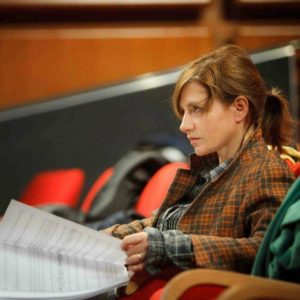
Her work “Inferno” is coming up for performance at Frankfurt Opera.
The orchestra’s interim director David Bazen has told Dutch media not to expect a new conductor to be announced any time soon.
He said: ‘All conductors who would qualify, or who could qualify in future if their development goes in the right direction, already have commitments in the coming years…In addition, other orchestras are also looking for interesting conductors.’
It’s an official admission of defeat.
Read more here.
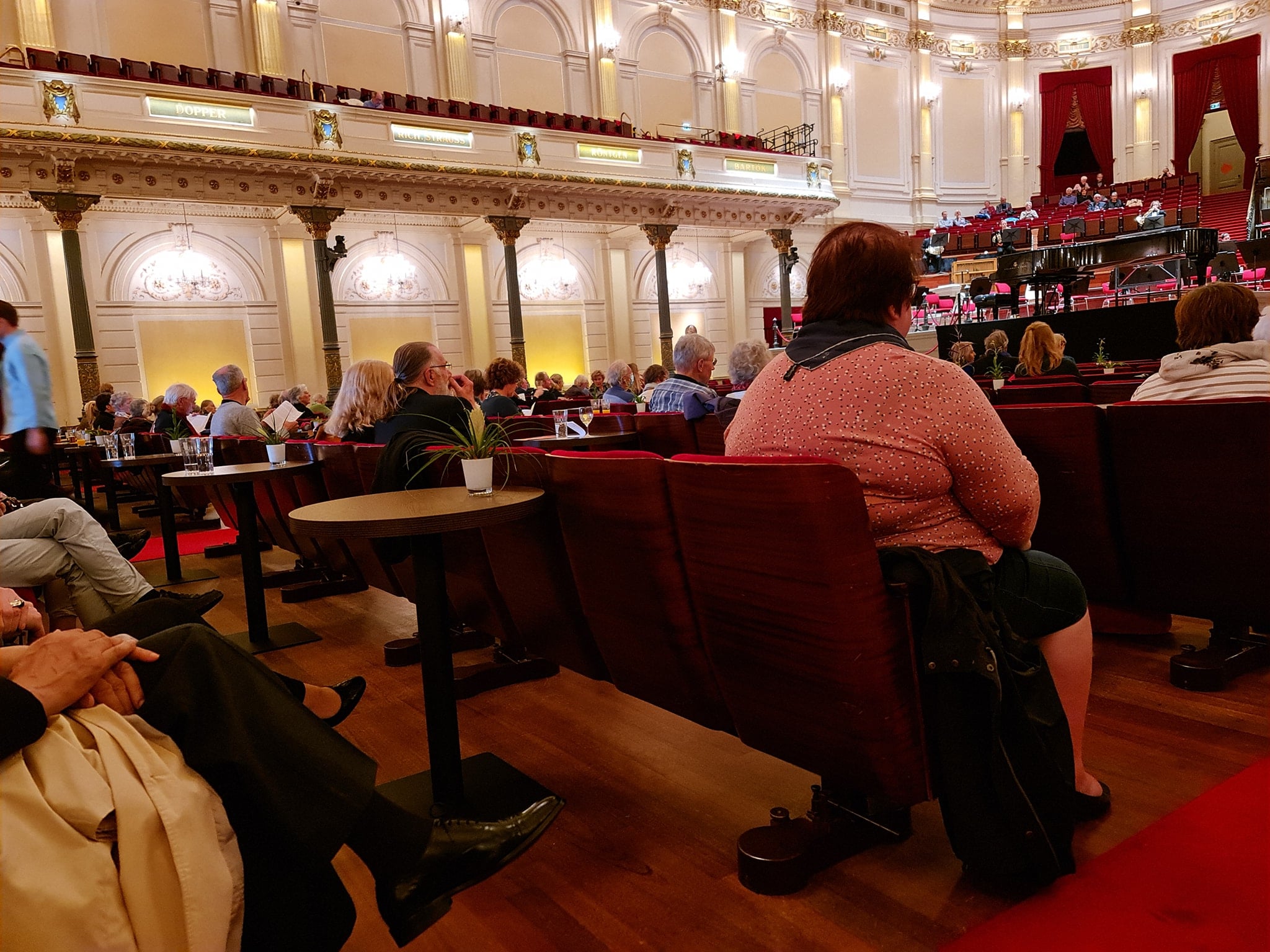
See also: How to wreck a once-great orchestra
From RTE Ireland:
An international concert pianist based in west Cork has said he has been forced to put his 120-year-old Steinway grand piano up for sale because he has not been able to perform for more than seven months due to the pandemic.
David Syme, 71, who has lived in Castletownbere with his wife Suzanne since 2005, has had to cancel tours of the US and the Czech Republic…
Read on here.

A statement by Bolshoi boss Vladimir Urin at today’s cultural council meeting with president Putin:
V. Urin: Good afternoon, dear Vladimir Vladimirovich! Good afternoon, dear members of the Council!
Vladimir Vladimirovich, many of our colleagues today in the West do not work at all. Suppose the Metropolitan Opera is going to open its season only in the fall of 2021. A number of theaters are closed. And the fact that today we have been given the opportunity to work is wonderful despite all the difficulties.
My morning began with a report that 124 people are ill in the theater today, that is, more than three percent of those working at the Bolshoi Theater. This is a large number of people, and people of different professions: artists, technical workshops, and so on. Despite this, for all the time since the beginning of the season, and we opened on September 5, we canceled only one performance due to the artist’s illness. All other performances took place, and took place when the auditorium was 50 percent full.
During this time we played the premiere. Not only did we play the premiere, we played the premiere, in which we invited our Western colleagues to participate. Despite all the difficulties, today they came abroad and with all their business and rehearsed during August. And we opened the season with a new premiere.
Moreover, recently the great Placido Domingo, together with his friends and colleagues, gave a brilliant concert here. I know that then many of the participants in this concert were with Valery Abisalovich Gergiev and gave a concert there. It was an amazing experience. In this case, I’m not talking about the Bolshoi Theater, I’m talking about the fact that, in spite of everything, we continue to work.
At the same time, we must, of course, understand, and I would like to move from some kind of reporting to the problems that, as it seems to me, arise in this connection. Obviously, from my point of view, we must understand that the theater economy is often made up of approximately different amounts: on the one hand, this is very significant state support, and on the other hand, it is the money we earn.
Not only is it 50 percent full today, I do not call for increasing this percentage, it seems to me that today, in the current situation, this is not necessary. But we must understand that, naturally, we also earn much less. Moreover, we must understand that, and this is obvious, even in a theater like the Bolshoi, we have felt a certain decline in the audience: people are afraid to go to the theater.
There is no acuteness of the problem, but such a danger still exists. And then we came up with and reduced the price of tickets. And they did it not formally, but made it a program. The Bolshoi Theater has a program called “Bolshoi – Young”, when we sell tickets to those who are between 18 and 25, and sell them five to six times cheaper than we sell to everyone else. We brought young people into our auditorium. They filled the auditorium, given that even more so today those over 65 rarely come to the theater.
Realizing that today theaters are losing, very seriously losing part of their earnings, of course, it is necessary to think over measures. And in this case, I mean, of course, targeted support, understanding the situation, and so on, especially since we understand, most likely, we will live in such conditions for at least most of 2021. That such targeted support will be needed – of course. It is clear that in the Bolshoi Theater, the state part of the budget is about 60 percent and about 40 is what the theater earns. But I’m not talking about the Bolshoi Theater, a huge number of theaters that have a fairly significant part of their earnings, and these are people’s salaries, these are new productions, and so on. I partially think about these shortfalls in income in the future, I understand everything perfectly, I know that today such requests are heard from all absolutely spheres of state activity.
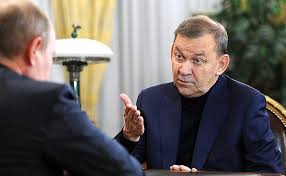
This is Signore Conte’s reply to Muti’s request to keep opera houses and concert halls open:
Dear Maestro Muti , I respond to your heartfelt appeal … and I take the opportunity to share some considerations with you and with the readers. Your reflections touch me deeply, and I do not think they have left readers indifferent. You are right: the decision to close concert halls and theaters is objectively “serious”. Concerts, theatrical performances are food for the spirit, food for the soul. It was a particularly painful decision precisely because it was serious. We were forced to take it because the primary objective must now be to regain control of the epidemiological curve and prevent its continuous rise from compromising the efficiency of our health system and, with it, the stability of the entire social and economic system.
It is a decision that we did not take lightly because we are aware that all the protagonists of the entertainment world – artists, musicians, authors, entrepreneurs, technicians, workers – have been suffering enormous difficulties for many months now. The same security protocols, if on the one hand offer greater guarantees of preventing contagion, on the other hand they severely limit the presence of the public, contributing to the general impoverishment of this as well as other sectors of activity. The gestation of the latter was particularly painful also because I signed the document only when we were sure, after the verifications made at the Ministry of Economy and with the State General Accounting Office, to be able to approve, in the Council of Ministers to be held this afternoon, a decree- law that will allow the provision of immediate refreshments and support measures to economic operators and workers affected by the new rules. The experience we have gained in these months of great difficulty also confirms that culture contributes to strengthening the identity of an entire people, acts as a driving force for social cohesion, creating the basis – at the same time – for a dialogue that crosses regions. and national borders, helping to grasp, in one’s own legend and in other’s, the common destiny of finitude of the human being.
The criterion that guided us was not that of indiscriminately targeting a sector considered “superfluous” compared to others. Instead, we intervened in all those sectors of activity – evening catering and related activities, fitness, entertainment – which offer opportunities for sociability, whether high or not. Sectors of activity that contribute – directly and indirectly – to generating gatherings and aggregations of people, and that generate, especially in the evening, influxes on public transport and multiply the opportunities for contagion. Similarly, to decongest traffic and contagion opportunities during the day, we have encouraged smart working and the use of distance learning in secondary schools. There is also another aspect to consider.The reduction of social occasions and moments of aggregation also involves a drastic reduction in the number of personal contacts . This greatly facilitates, in the case of people who are positively surprised at Covid-19, the tracing operations and, therefore, lightens the current overload of work of the prevention departments. We are forced to make these further sacrifices.
But we do not intend to give up beauty, culture, music, art, cinema, theater at all. We need the nourishment that we derive from these activities and the dream capacity they arouse in us. We intend to return as soon as possible to enjoy these emotions in company, sharing the silent harmony that is established in the presence of a neighbor, even if he is unknown. Our spiritual dimension could not survive without this experience. It is in this spirit, dear Master, that we have taken on the responsibility of making such painful choices. But I assure you that, with Minister Franceschini, we are already working to get microphones, spotlights, projectors back on as soon as possible, and to ensure the conditions for an effective relaunch of all entertainment activities, trusting in commitment, energy and on everyone’s intelligence.
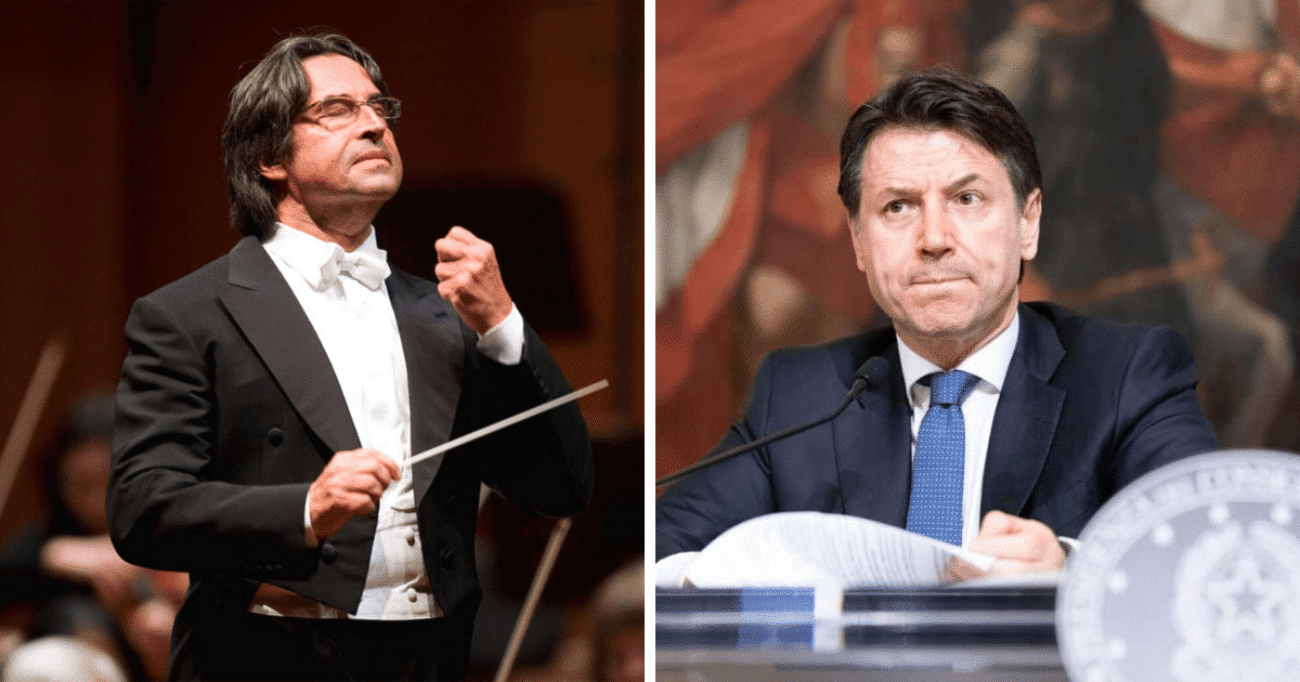
The Taiwan National Symphony Orchestra has appointed the German Jun Märkl as artistic advisor, effectively its chief conductor.
Märkl, 61, is German-Japanese, a protege of Seiji Ozawa. He was last employed by the Basque National Orchestra, ending there in 2017.
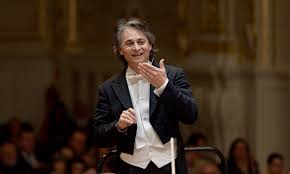
Fun Covid video from Sarah Callinan and friends:

The ballet has announced the death of Susan Hendl, who joined as a dancer in 1965 and, as ballet master, became the trusted repository of the legacies of George Balanchine and Jerome Robbins. She was 73.
Her father Walter Hendl, who died in 2007, was music director of the Dallas Symphony and artistic director at Ravinia.

A throwaway line by the LA Times’s music critic Mark Swed is getting a lot of attention:
Every orchestra on Earth, of course, has been affected by the coronavirus. Most have put on a brave face along with face masks and tried in some way or another to act as if there could be a semblance of continuation. But in the first months of the pandemic the L.A. Phil publicly demonstrated little leadership. One minute it was in the midst of a revolutionary and radically prescient “Power to the People” festival; the next minute, the power was summarily turned off.
On a global scale, that strikes me as a bit unfair. Unlike most US orchestras, the LA Phil had its music director Gustavo Dudamel close at hand and working full out during the first half-year of the pandemic. Its musicians were amng the first to work safely in the community and its management has tried hard to maintain hope and a semblance of normality.
In the coming issue of The Critic, out in the next few days, I assess the activities of the world’s music directors during Covid and ask if the role is still justified. Watch this space.
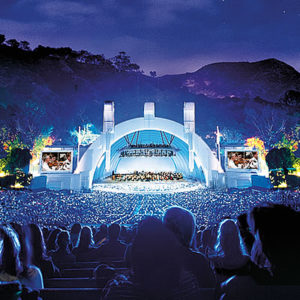
The city of Liège has joined Brussels in shutting down all cultural institutions as the country’s hospitals struggle with Covid overflow.
Months of saftey procedures and 50% capacity have been in vain.
Shutdowns include the Orchestre Royal Philharmonique de Liège, the Théâtre Royal with the Opéra Royal de Wallonie and the Théâtre de Liège.
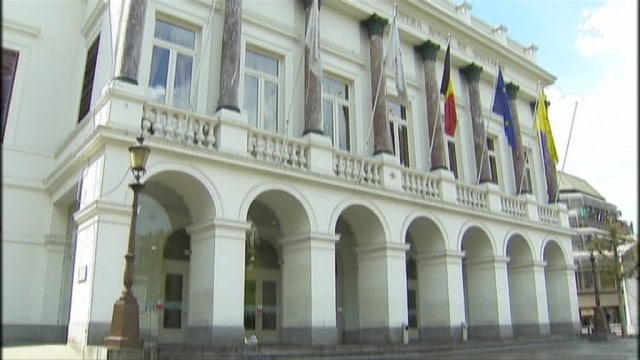
The Philharmonie Zuidnederland has named Duncan Ward chief conductor from September 2021.
Ward, 31, has been an assistant to Simon Rattle and is marketed by the same agency. In 2005, he was BBC Young Composer of the Year.
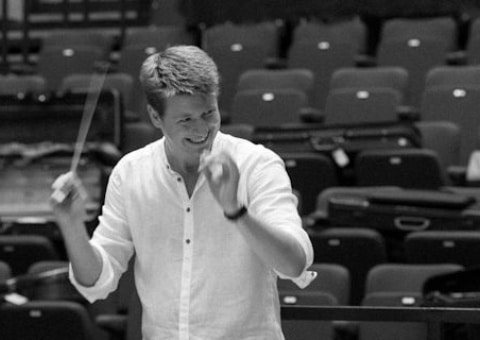
He succeeds Dmitry Liss who will have held the post for 5 years.